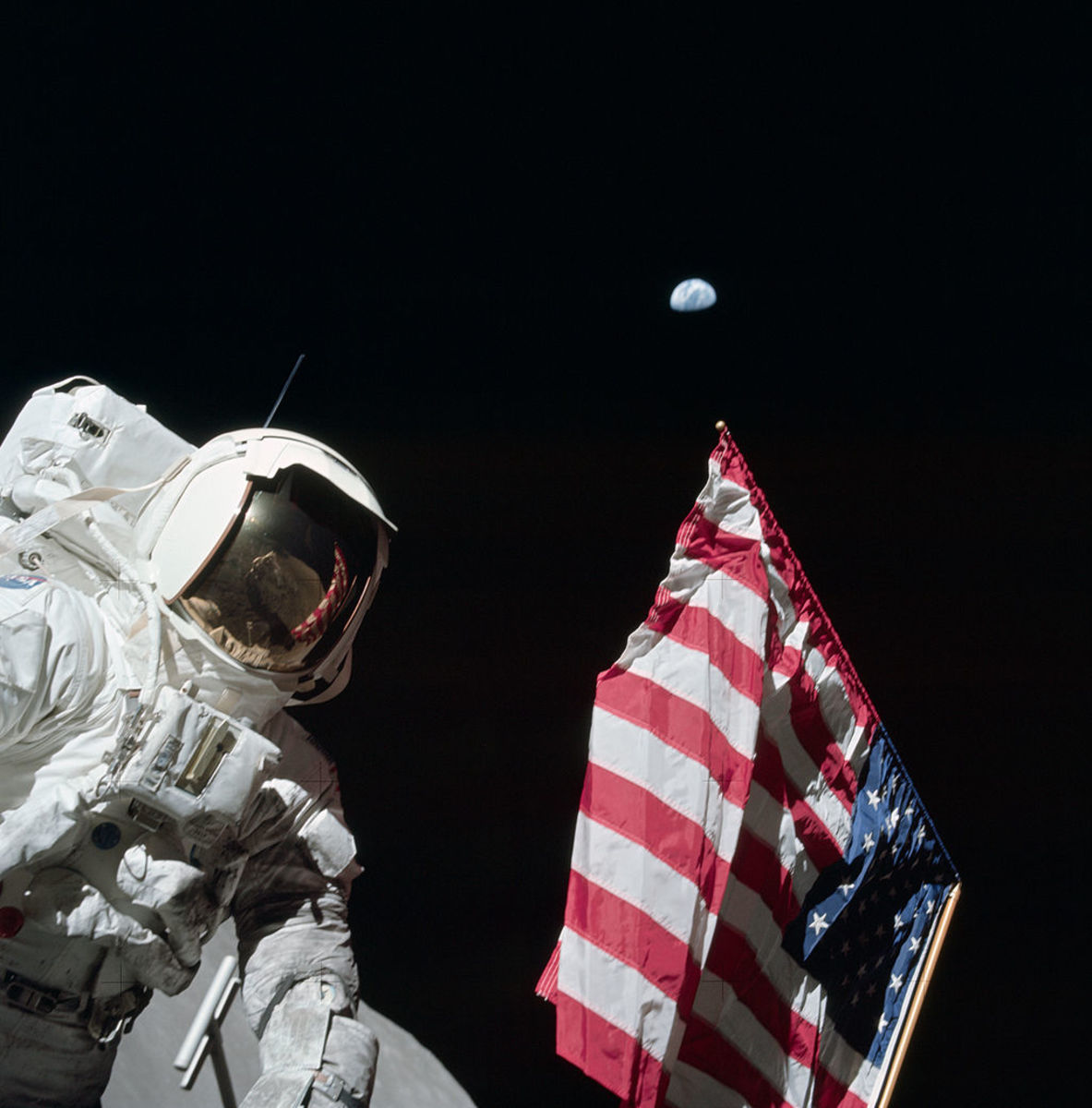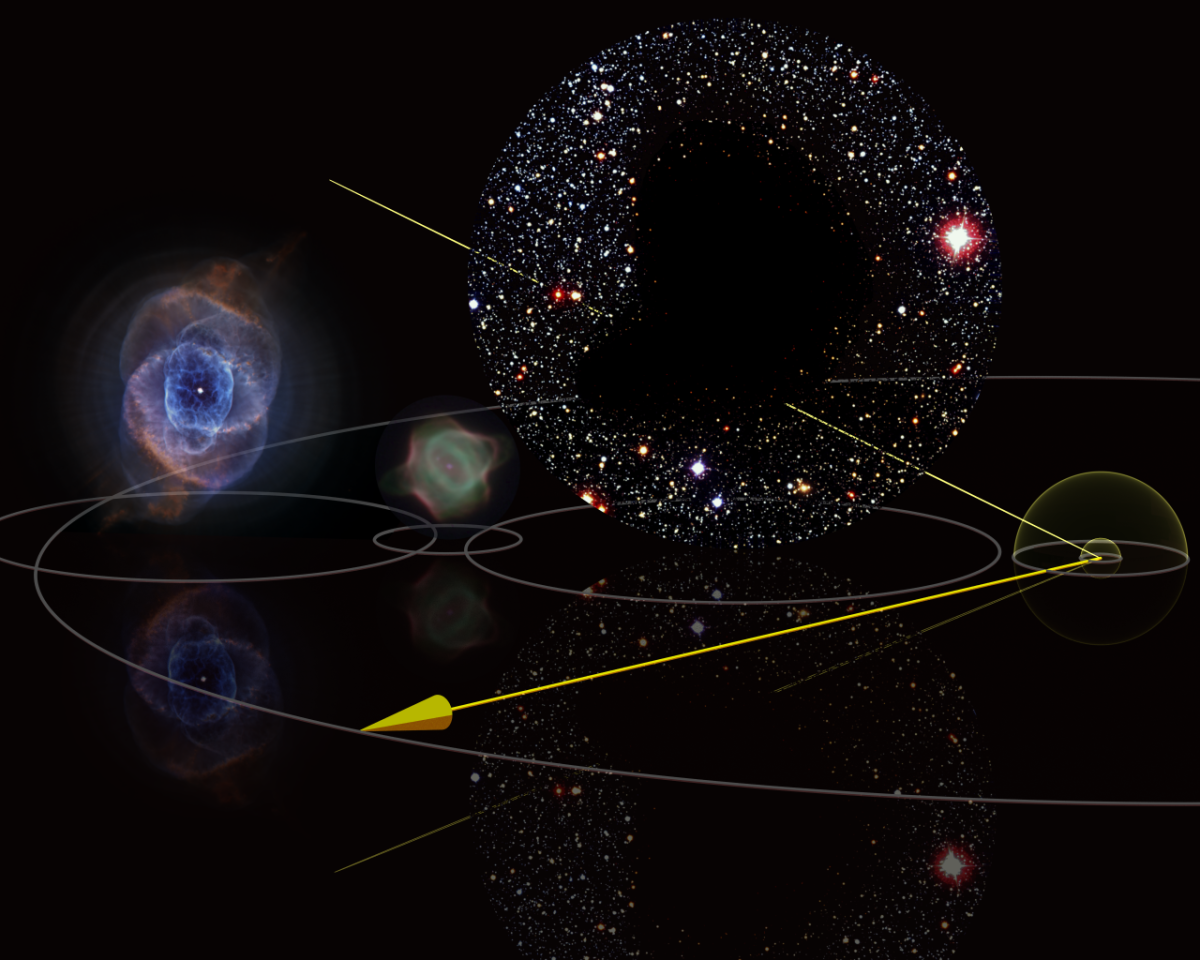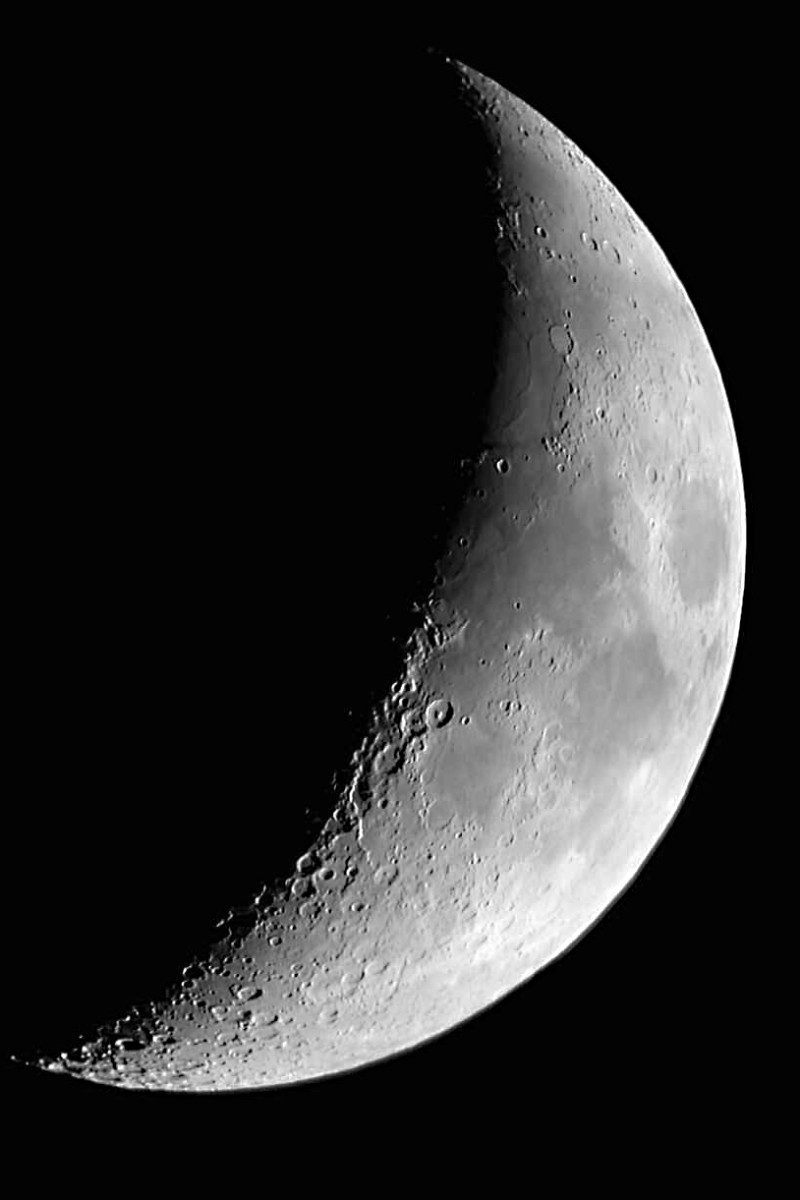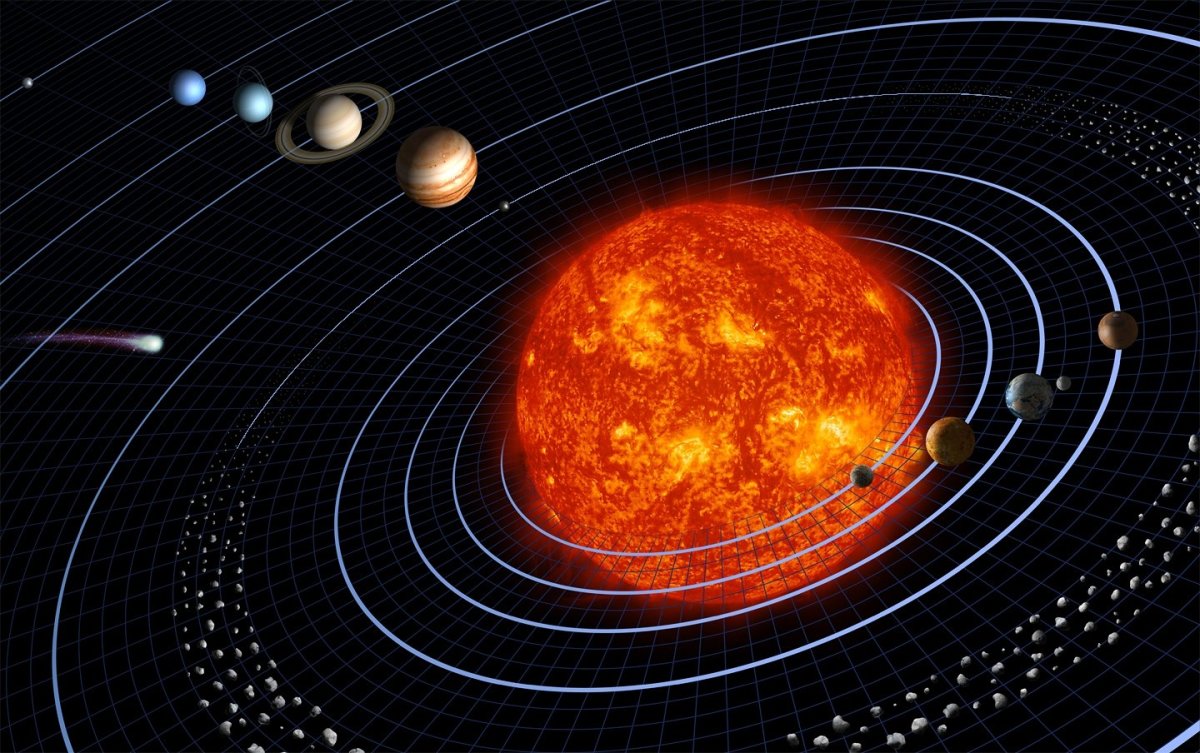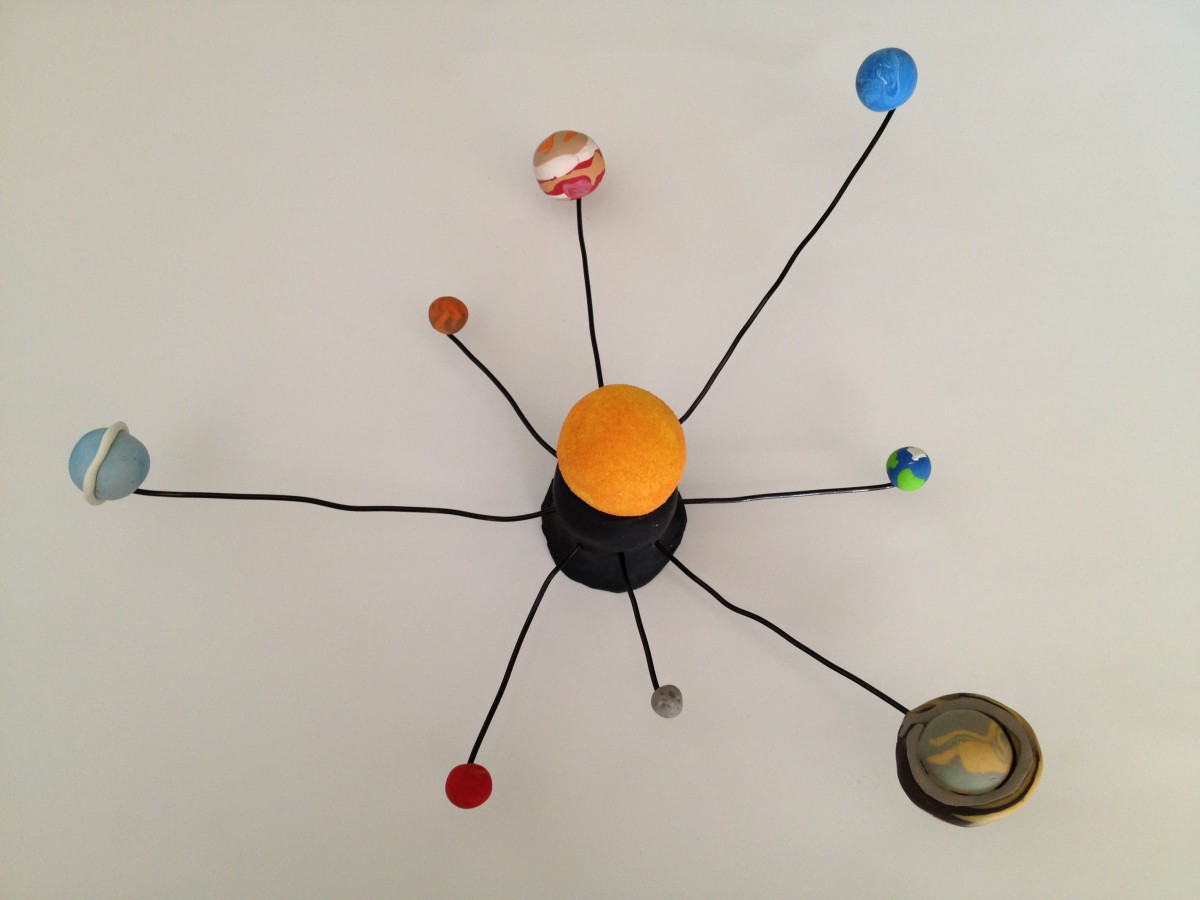Should We Return To The Moon?
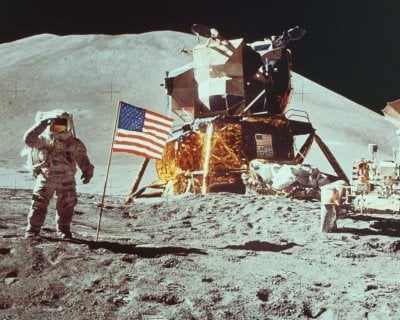
July 20, 1969
"That's one small step for man, one giant leap for mankind"
There is not a school child that hasn’t heard Neil Armstrong’s words as the first human set foot on the moon. The Apollo missions landed on the moon 6 times from July 20 1969 to December 19, 1972. More than 40 years ago, we made history. There are those that believe it is time to go return to the moon and make history again.
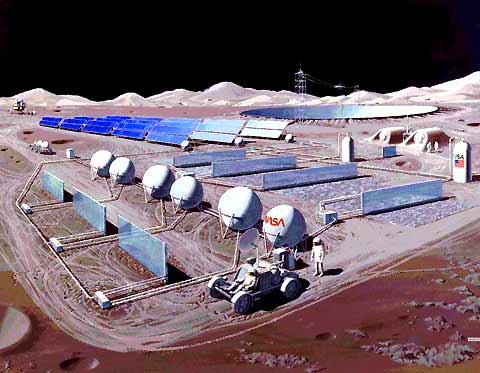
- The Apollo Program (1963 - 1972)
- Are We Going Back to the Moon? : Discovery News
Nearly 40 years have passed since our last journey to the moon and future plans for NASA don't seem to include jaunts to the Sea of Tranquility. So are we
The first question we must ask ourselves is why should we go back to the moon? According to David Lamb of Discovery Space news “The three most prominent reasons for a lunar return boil down to scientific research, energy and continued exploration of the solar system.” Of course these are not the be all and end all of reasons to go back, but it is good starting point.
What would we do on the moon? A moon base would be a nice first step in moving outward. Logically we would need an off world (off Earth) full-time working facility. A well designed place for humans to live and work. There is some proof that water may still exist on the moon deep beneath its surface. Water would not only for used for life support but it can also be used to develop a more efficient propellant for vehicles. Some of the minerals that could be mined on the moon would include nuclear material to power the facilities. Not to mention the other valuable raw materials that could be mined. Another consideration would be what the low moon gravity would do for the medical field research and the development of new materials.
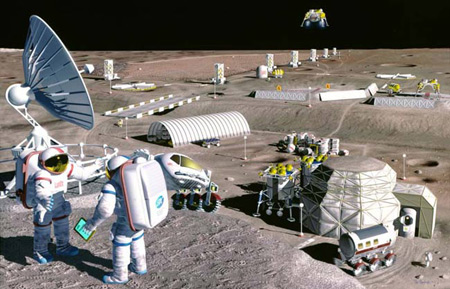


Of course it would be unwise to minimize the challenges this would face such a program. There are many dangers in living and maintaining life such a low gravity environment. In the case of humans in low or no gravity environments, there have been studies that show the effects on humans such as brittle bones and muscular atrophy. Difficult problems, but at the same time, the human race by its very nature is curious and always exploring and pushing back boundaries. Space is just another boundary. We are an adaptive race and capable of finding ways to offset these issues.
So how do we do it? Look around you at the technology we now have at our finger tips. How far have we come from the time of the Apollo missions to now? Granted the technology we have now didn’t exist then. The closest thing we had to a cell phone was the fictional communicator from the television show Star Trek. Now the majority of us have cell phones and laptop computers. We pass digital information at high speed across the planet in seconds. We have become children of the digital age. There are some who say that the new devices have more processing power than all the computers that ran the Apollo mission combined. This is not to say that we could throw down a laptop and pop into a tin can and set up house keeping in Mare Tranquillitatis. We still need to plan and work to make the trip worthwhile not to mention the potential profits that could come out of it.
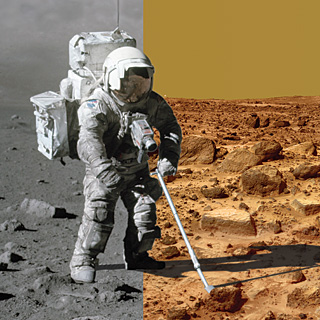
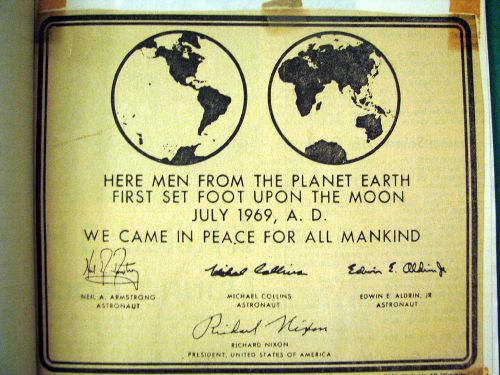
Once we have established ourselves with a solid presence on the moon, then our next step could be the red planet Mars. Miles of greenhouses are waiting to be built on the Martian surface. We will have the technology. We will build better stronger, faster spacecraft or my name is Steve Austin.
So in conclusion, where does that leave us? There is a plaque on the moon that says “We Came In Peace for all mankind”. That is the Legacy we inherited from the Apollo missions. Let us hope the legacy we leave behind in for future generations isn't the message “We stayed home out of fear”. It is time for us to step forward and take over for governments who now focus on other things.
- Comments on the FOX special on the Hoax
- Moon-to-Mars Plans Emerge: New Agenda or Apollo Retread? | Space.com
The plans were detailed this weekend at a meeting here of NASA officials and other space planners. On the list: A re-usable vehicle that's safer than the shuttle; technology for extracting fuel from the destination; and an airbag landing upon return - NASA - Why The Moon?
NASA.gov brings you images, videos and interactive features from the unique perspective of Americas space agency. Get the latest updates on NASA missions, subscribe to blogs, RSS feeds and podcasts, watch NASA TV live, or simply read about our missi - Should Humans Go Back to the Moon? | Space.com
As NASA's plans to returns astronauts to the moon face cancellation, there remain many reasons to go back, researchers said.

